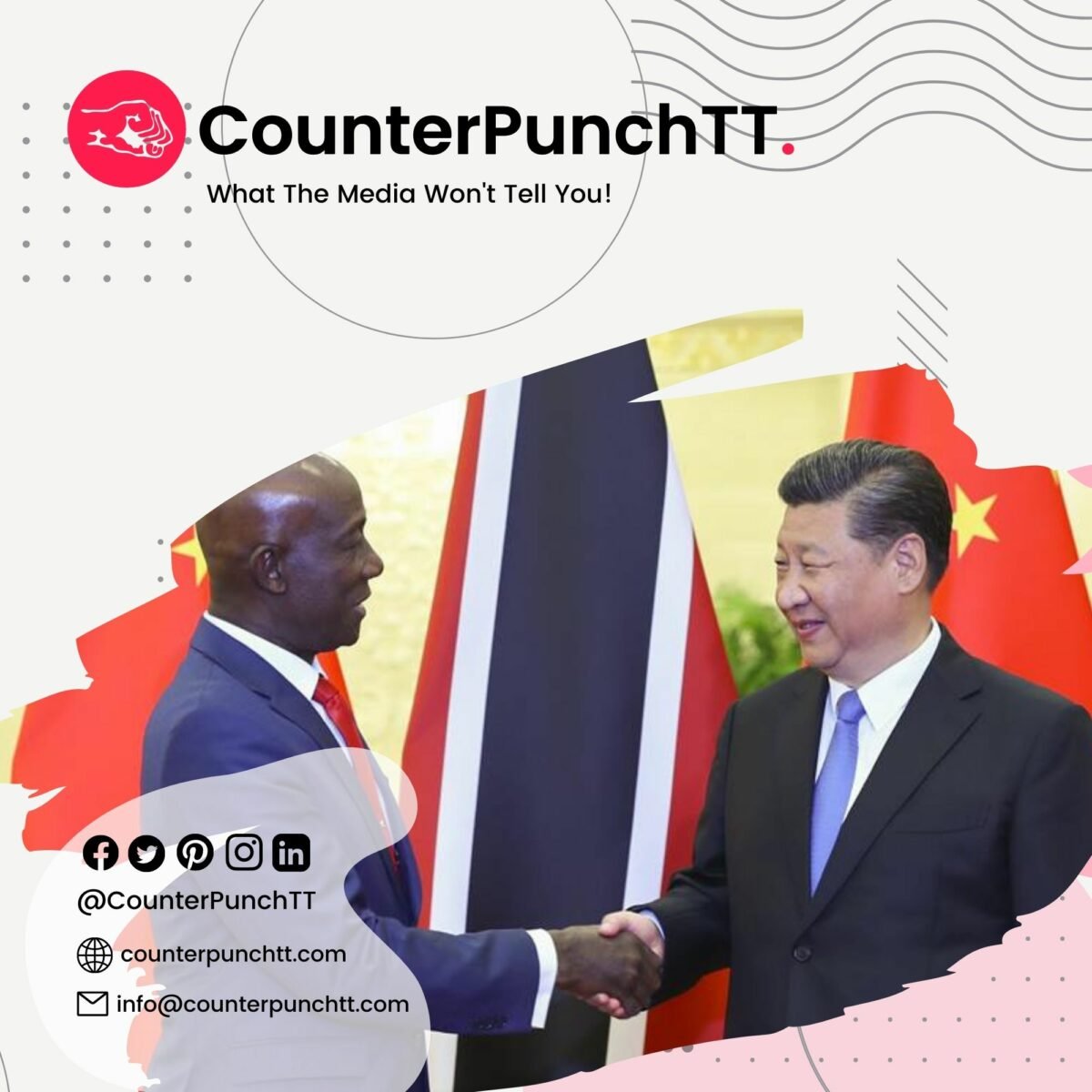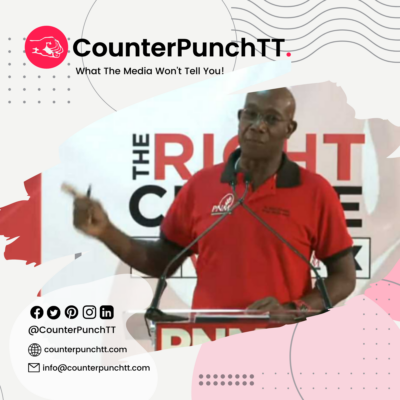HOW CHINA LED US TO FREE UP GAS FIELD
THE Rowley Government’s increasing chumminess with China was a critical factor in the United States freeing up the Venezuelan offshore gas field.
Trinidad and Tobago’s “comprehensive partnership” with China, which includes major commercial investments, was a prime consideration in the US handing out the big plum of licensing the Dragon gas field.
The granting of permission is part of a US chess game to shut out China and to rebuild relations with Venezuela during the current volatile period in the energy world.
Much of the handiwork for the US decision was done by Ambassador Candace Bond, who, upon her arrival two months ago, promised to enhance relations between both countries.
Venezuela, a major energy producer, and gateway to Brazil and other Latin American countries, is strategically crucial to both the United States and China.
China has loaned or invested more than US $67 billion to Venezuela in the last 15 years and has been deepening diplomatic and commercial ties with the Nicholas Maduro Government.
The Rowley Government’s close relationship with Venezuela had earlier been a source of bother for Washington, with Bond’s predecessor Joseph Modello terming it “deeply concerning.”
Modello criticised the 2020 visit of Venezuelan Vice President Delcy Rodriguez, a shipment of gas, and other forms of engagement.
The Donald Trump Administration imposed severe economic sanctions on Caracas, with the then-US President calling opposition politician Juan Guaido “Venezuela’s one true leader.”
Secretary of State Mike Pompeo summoned a meeting in Jamaica with Caricom leaders in 2020, and excluded Rowley.
But in recent months, the Joe Biden Government has been warming toward Venezuela and has granted permission to oil giant Chevron to resume production in Caracas.
It is in that overall context that Vice President Kamala Harris responded to Bond’s representation and earlier advocacy by Caricom leaders in Washington and at last year’s Summit of the Americas.
The granting of approval by the Office of Foreign Assets Control is aimed at bringing the Rowley Government back into the US orbit and away from China’s firm grip.
But T&T is already indebted to China by more than $200 billion, through the Belt and Road Initiative, and is eyeing the management of the port of Port of Spain and other key investments.
The cancellation last year of a US $71.7 million housing construction contract with China Gezhouba Group Engineering Company was a setback for Beijing.
But “sister city” agreements have been signed between Port of Spain and Shanghai, and a number of soft diplomacy measures, such as cultural exchanges, are afoot.
The western world calls it predatory “debt-trap diplomacy.”
But Foreign Affairs Minister Dr. Amery Brown has said that T&T wants relations with China “to flourish, becoming even more multi-faceted and productive.”
The 350 million gallons-per-day Dragon gas field would warm relations between T&T and the US, but the China question remains alive in the high-stakes tiff.
The US approval is also a boon for Ambassador Boon, who has begun her tenure with a likeability factor, unlike the manner in which Modello ended his stint.
That could lead to other diplomatic wins for the Rowley Government.
Rowley, the first Caricom leader to sign onto the Belt and Road Initiative, may end up doing a balancing act between Washington and Beijing.




